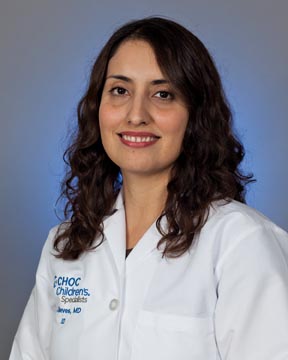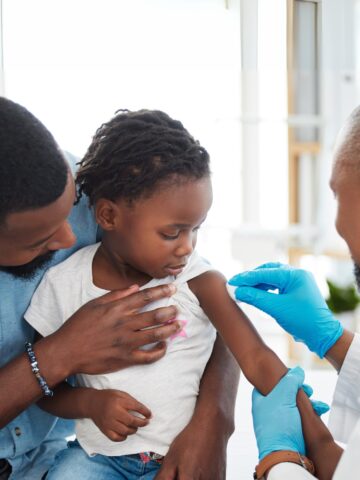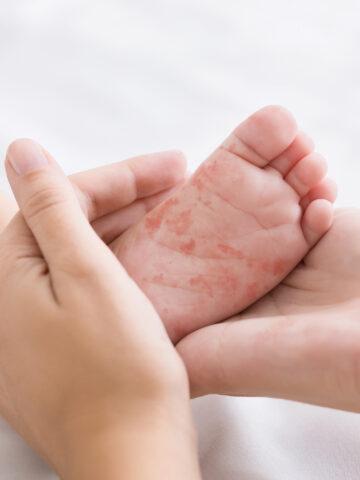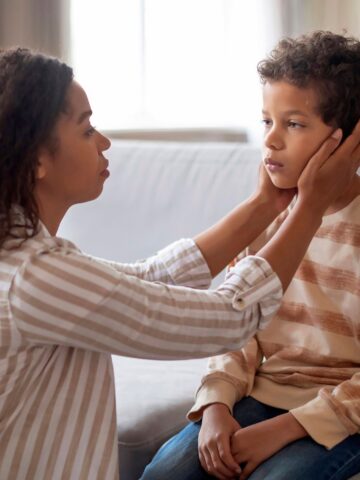What are germs?
“Germs is a nonmedical term for any organism that can cause an infection,” says Dr. Nieves.
What kind of infections? Kids, especially in schools, can contract respiratory infections as well as skin infections, says Dr. Nieves. To prevent the spread of germs, especially in classrooms, parents, teachers and caregivers should make sure children are instructed on proper hygiene techniques, like handwashing.
Children should wash their hands:
- Before eating
- After going to the bathroom
- After blowing their nose
- After playtime
Germ busters for kids
Avoid sharing items during cold and flu season
Sharing may be a good way for kids to learn social skills, but it’s not the best way to stay healthy, Dr. Nieves says. To shield children from “germ monsters,” Dr. Nieves advises parents to encourage their children not to share items like utensils, food and drink. Also, making sure they are up-to-date on their vaccines and the seasonal flu shot is key.
Soap and water handwashing vs. hand sanitizer
If you’re not sure when soap and water or alcohol-based sanitizers are in order, do a hand check.
“When you see actual dirt and grime, you need soap and water,” says Dr. Nieves.”You can use hand sanitizer when you know your child has touched something that may be contaminated, such as a doorknob.”
Staying home when sick
It’s best for kids to stay home when sick, but if missing work to care for them isn’t an option, parents should ensure good communication with the school to minimize the spread of germs to other students. “If kids have a cold, they have to be extra cautious, washing their hands after touching their face or nose,” says Dr. Nieves.
Fast facts about killing germs
- Kids should spend 15 seconds vigorously washing their hands.
- 60% is the lowest percentage of alcohol a hand sanitizer should contain.
- 9-to-1 is the ratio of bleach to water in a solution that parents can make to kill germs.
This article was featured in the Orange County Register on September 16, 2013 and was written by Shaleek Wilson.
Featured pediatric expert

Dr. Delma Nieves
EDUCATION:
University of Washington School of Medicine
BOARD CERTIFICATIONS:
General Pediatrics and Pediatric
Infectious Diseases
Dr. Nieves began her work at CHOC in 2010. She completed her pediatric residency at CHOC and postdoctoral fellowship in pediatric infectious diseases at the Mattel Children’s Hospital. Her clinical interests include infectious diseases of newborns and the immuno-compromised, with a focus on pertussis. Her published works include “The Common Cold: Textbook of Pediatric Infectious Diseases,” and several peer reviewed studies on the topic of pertussis in young infants.
Dr. Nieves’ philosophy of care: “I think the most important thing is to empower parents and children to be able to take care of themselves.”
For more health and wellness resources from the pediatric experts at CHOC, sign up for the Kids Health newsletter.
Find a CHOC Primary Care Pediatrician
From babies to teens, pediatricians from CHOC’s Primary Care Network partner with parents to offer immunizations, sick visits, sports physicals and more.





